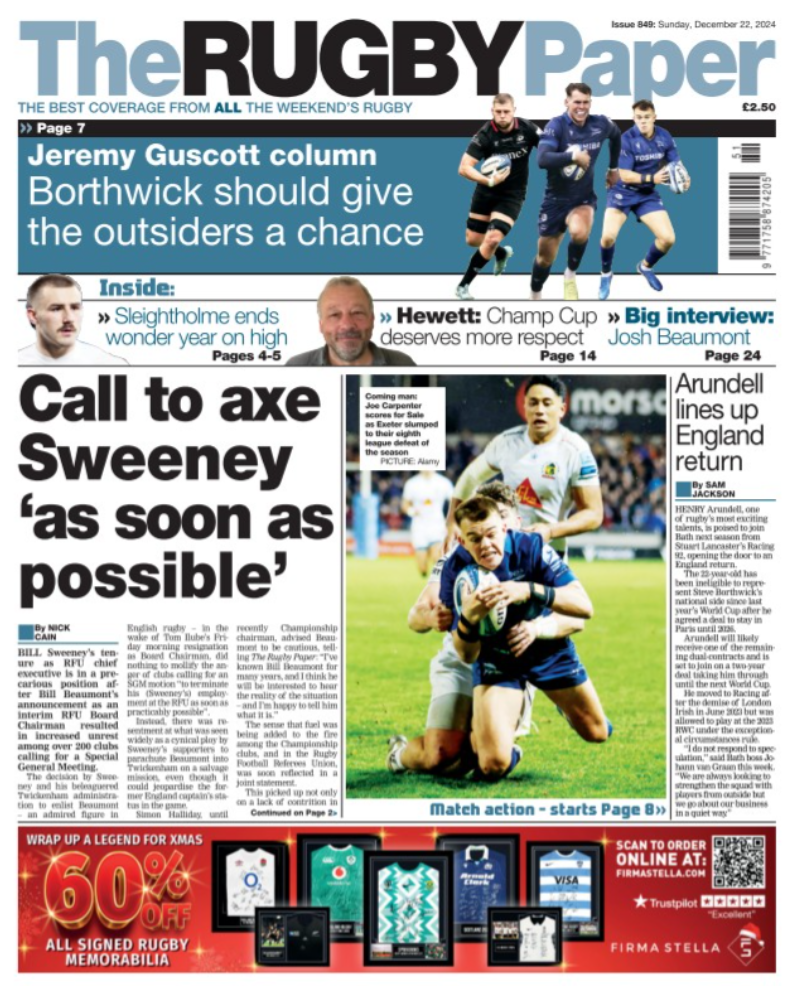Newport ensure ‘Monkey’ sits at the top of the tree at last

Categories: Premiership
EVEN now virtually 100 years after his death, Arthur ‘Monkey’ Gould retains a unique place in the Welsh rugby pantheon. He is the only player whose popularity triggered a chain of events that led to Wales cancelling matches against Scotland and Ireland.
They did so as a consequence of resigning from the International Rugby Board in protest at an ultimatum issued by the RFU over the status of Wales’ star player and captain, Gould. There is one striking similarity between the most famous of six brothers all of whom played for Newport and Dr WG Grace.
Just as English cricket ...
Continue reading...
Access all our premium content from as little as 14p per day!
Already a subscriber to our website? Login